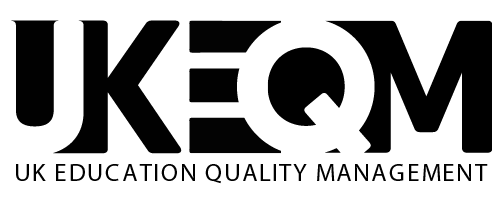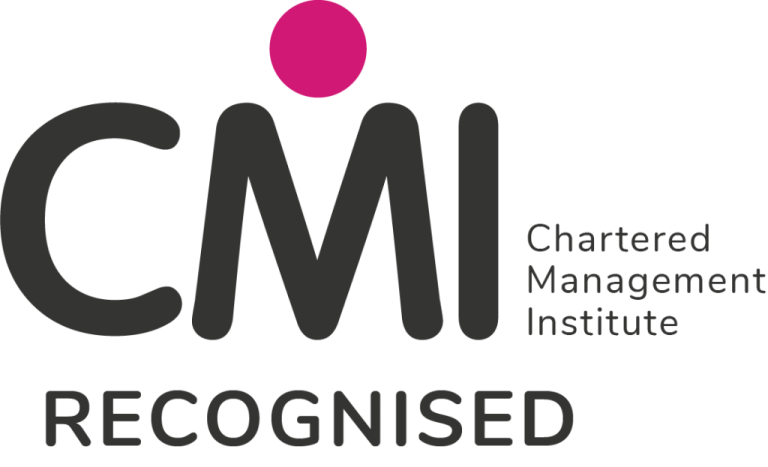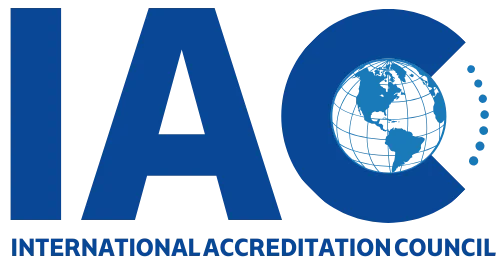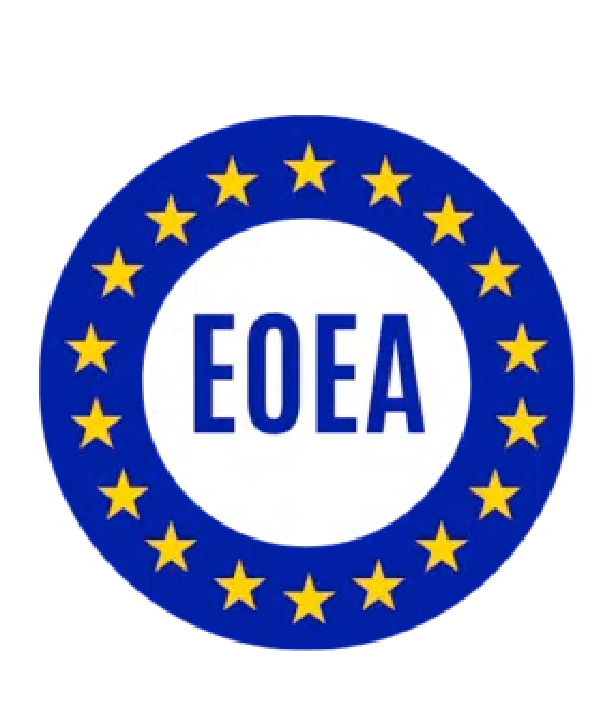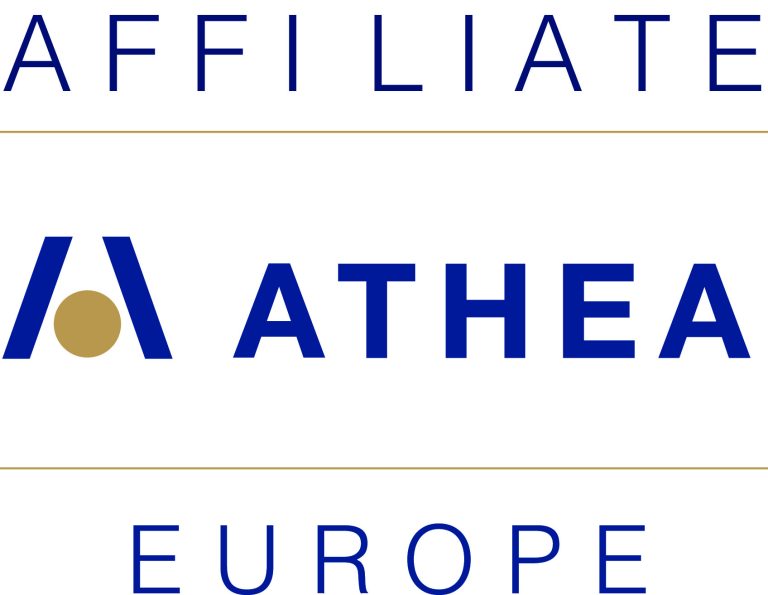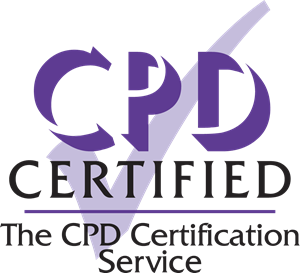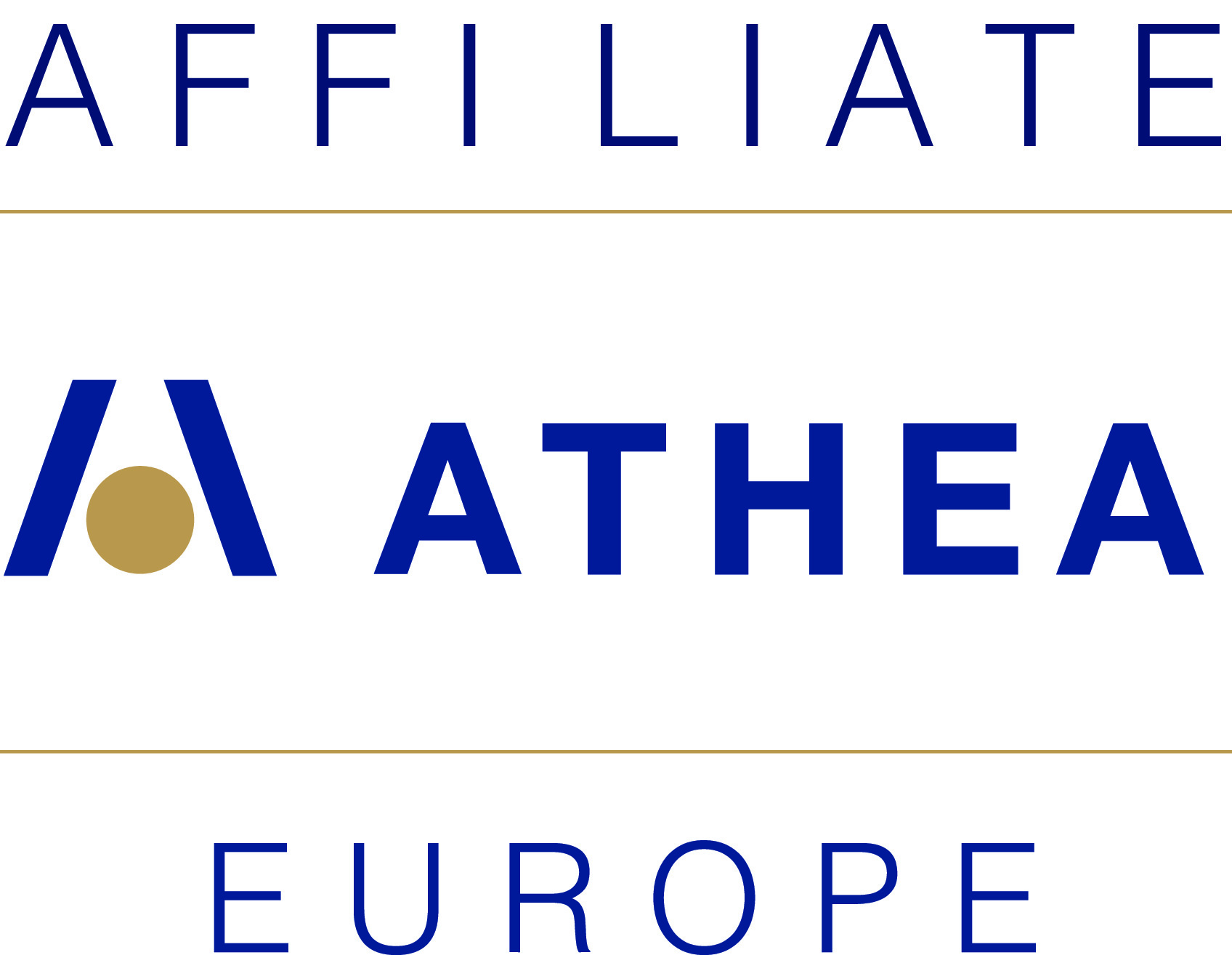Accreditations and Memberships
UKEQM
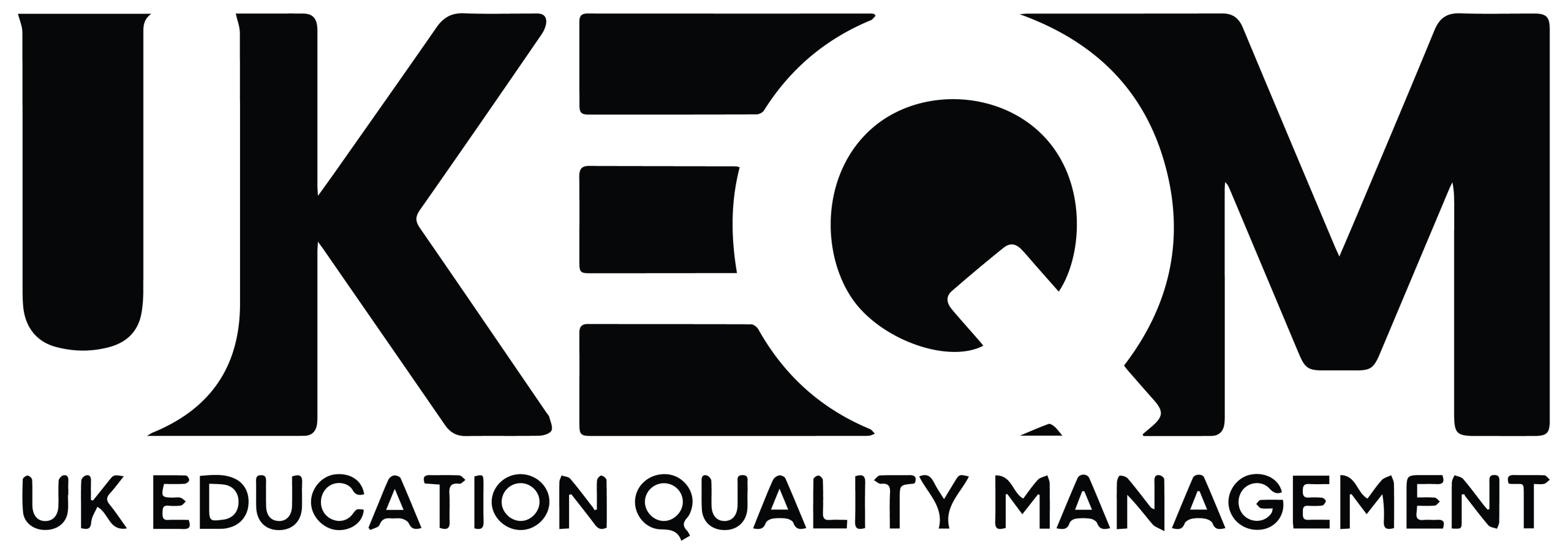
UK Education Quality Management (UKEQM)
- UK Education Quality Management (UKEQM) is a leading accreditation and benchmarking body in the UK, committed to raising international educational standards. Trusted for over a decade, UKEQM supports institutions—ranging from universities to vocational colleges—in enhancing quality and best practices
Key Facts
- Staffed by approx. 25 core members and 440+ affiliated members, including nearly all UK universities and many further education (FE) colleges
- Offers a structured framework for ongoing quality assurance and rigorous monitoring.
- Benefits of UKEQM Accreditation
- Demonstrates commitment to continuous educational improvement and
evidence-based best practices. - Strengthens international profile, easing global recognition and partnerships.
- Enhances student experience and employer trust in institutional credibility.
Accreditation Impact
- Institutions—and their students—gain a prestigious mark of quality. For example, CalUni recently announced UKEQM accreditation as a milestone reflecting its high academic standards and dedication to student success
UKRLP
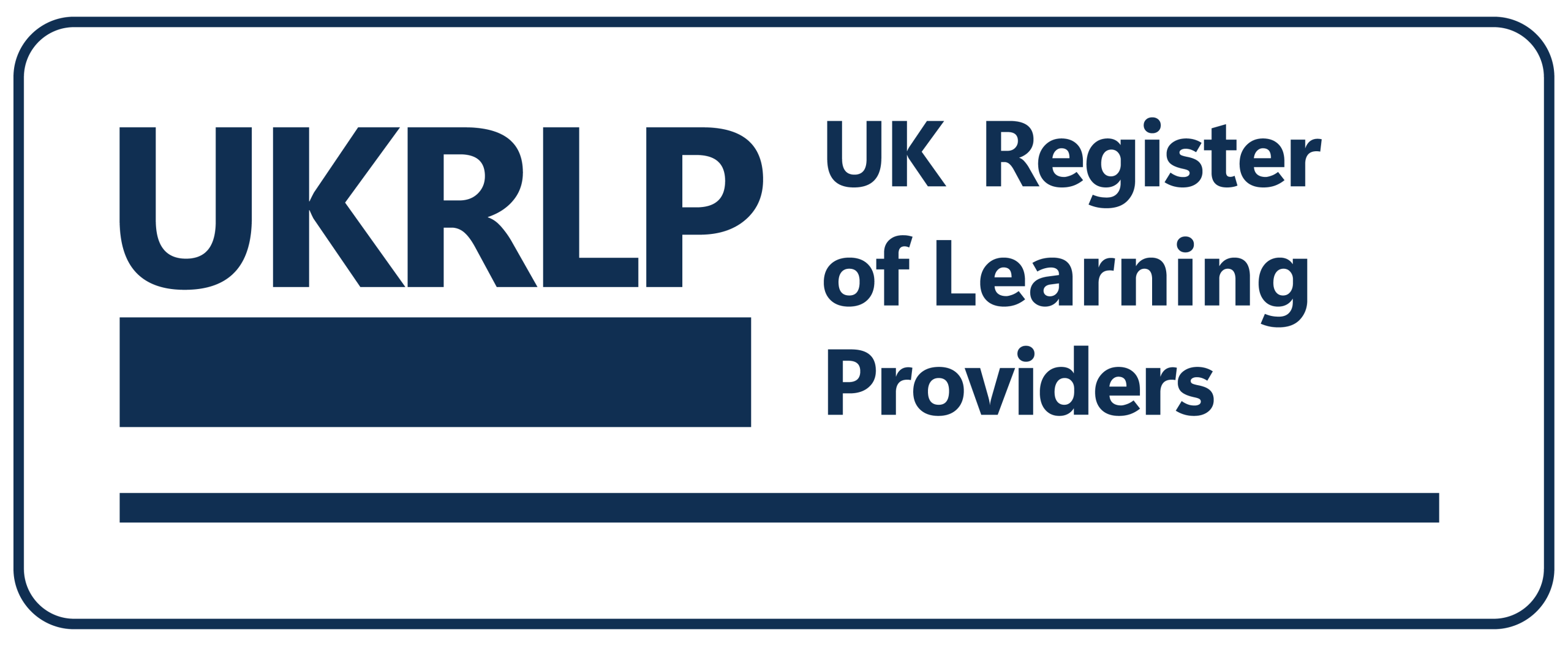
United Kingdom Register of Learning Providers (UKRLP)
- The UKRLP is a government-managed national register of legally recognized learning providers in the UK. Registration is mandatory for institutions offering accredited education services
Key Facts
- Registered providers receive a unique UKPRN (UK Provider Reference Number), simplifying verification for students, employers, and international bodies .
- The register includes universities, colleges, private training organizations, and international institutions that meet UK compliance requirements.
Benefits of UKRLP Registration
- Provides legal recognition, confirming readiness to deliver educational services in
the UK. - Enhances transparency and trust through government-controlled vetting.
- Eases recruitment, student mobility, and acceptance of qualifications globally.
Role in Advisory Landscape
- UKRLP transparency supports institutional reputation, ensuring students and partners can readily verify legitimacy and registration status.
CMI
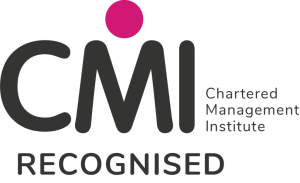
Students who choose to add CMI Recognition to their programme gain exclusive access to professional recognition from the UK’s only Chartered body for management and leadership.
Our CMI Recognised programme is designed to sharpen your leadership mindset and align your learning with the CMI Professional Standard — the benchmark for effective managers worldwide.
On completion, you’ll earn a prestigious CMI Certificate of Recognition and achieve Foundation Chartered Manager (fCMgr) status — a mark of proven capability, credibility, and continuous growth. You’ll also unlock CMI membership, giving you access to exclusive e-learning tools, leadership resources, and networking opportunities with professionals across industries.
This recognition is more than a certificate — it’s a powerful career statement that sets you apart as a confident, capable, and future-ready manager.
IAC
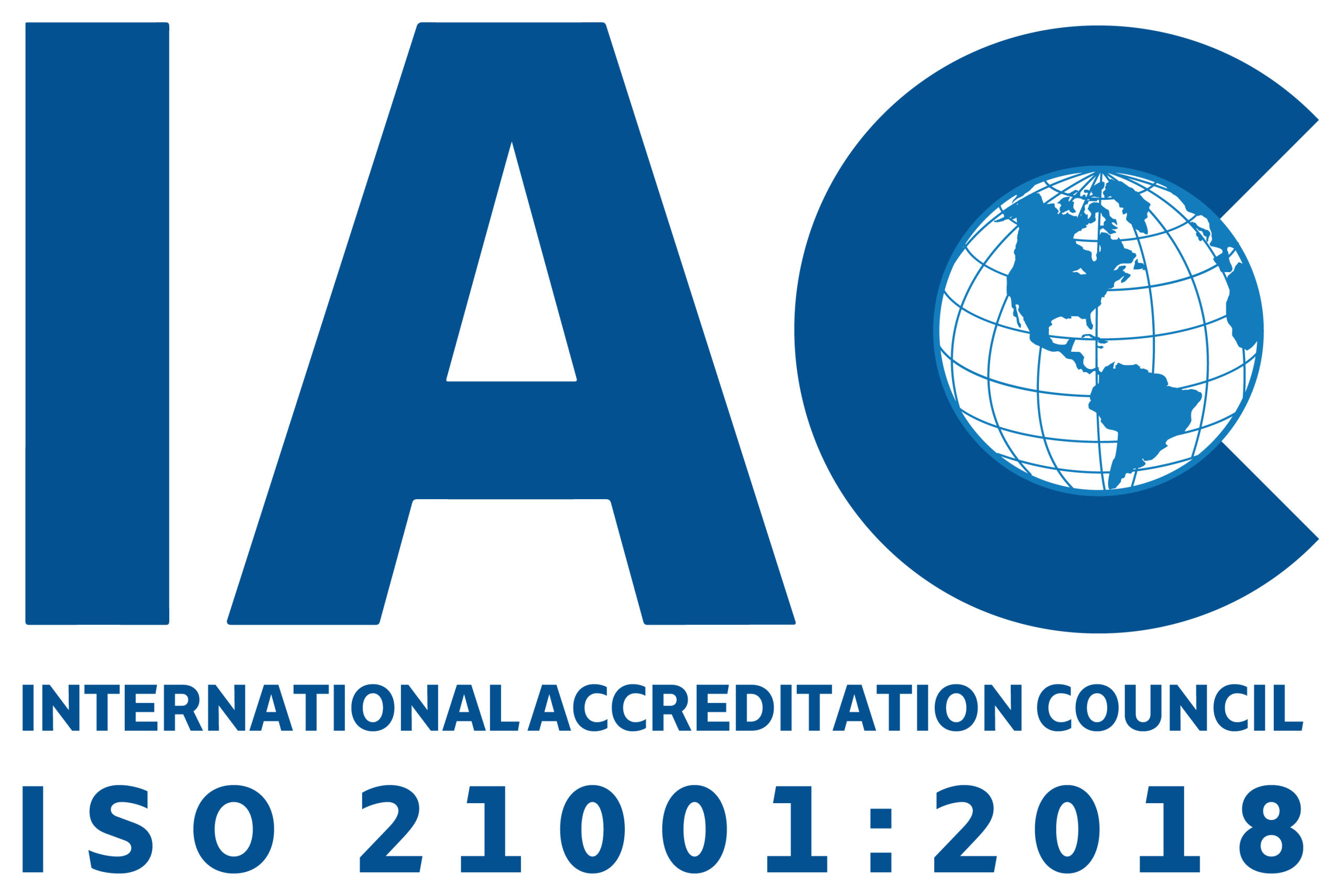
International Accreditation Council (IAC)
- The International Accreditation Council (IAC) offers global certification in educational excellence, notably ISO 9001 and ISO 21001 standards. It ensures continuous institutional quality aligned with international norms.
Key Facts
- IAC grants ISO 21001:2018 (Educational Organizations Management Systems) and ISO 9001:2015 certifications—recognizing organizations that meet rigorous process and service quality standards.
- Validation includes management systems, stakeholder focus, and continual improvement mechanisms.
Benefits of IAC Certification
- Validates quality management across educational processes and services.
- Builds internal efficiency and transparency while enhancing external credibility.
- Encourages regular self-evaluation and service excellence.
Institutional Significance
- Licensed institutions, like UHA University, underscore commitment to accredited management systems and high academic standards through IAC-backed ISO certifications.
EOEA
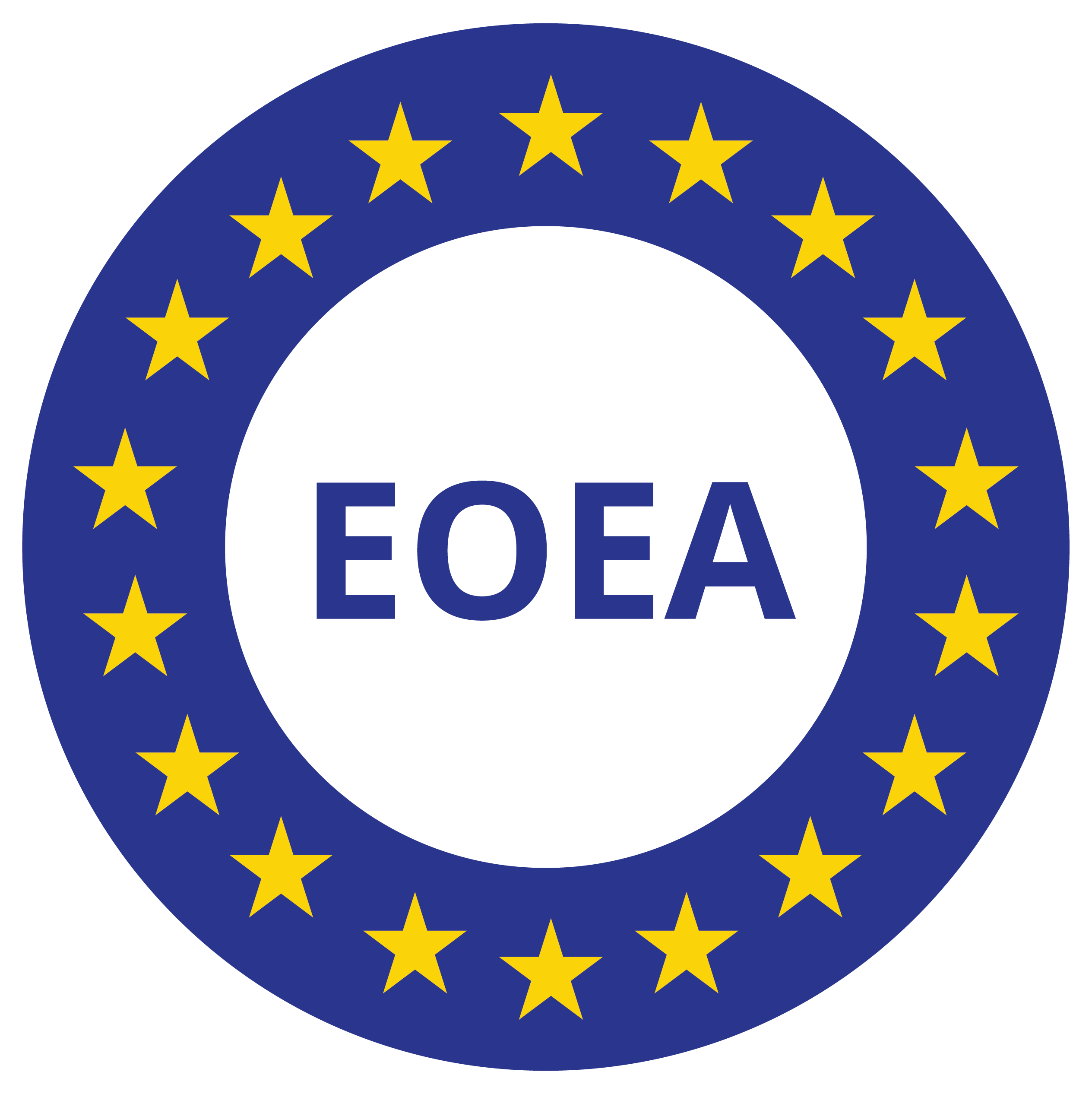
European Organization for Educational Quality Assurance (EOEA)
- The European Organization for Educational Quality Assurance (EOEA) is a recognized European accreditation body. It focuses on quality assurance for academic and professional training across the continent.
Key Facts
- EOEA provides certification and audit services aligned with European higher education standards.
- Institutions undergo evaluations encompassing governance, curriculum quality, and continuous performance reviews.
Benefits of EOEA Accreditation
- Ensures compliance with European Quality Assurance frameworks, such as ESG standards.
- Enhances admission and credit recognition across European higher-education systems.
- Bolsters institutional credibility for partnerships within the EU and beyond.
- Global Alignment
- EOEA accreditation complements other certifications like UKRLP and IAC, supporting
seamless academic mobility, joint degrees, and institutional legitimacy within European
networks
- EOEA accreditation complements other certifications like UKRLP and IAC, supporting
Institutional Significance
- Licensed institutions, like UHA University, underscore commitment to accredited management systems and high academic standards through IAC-backed ISO certifications.
IECN
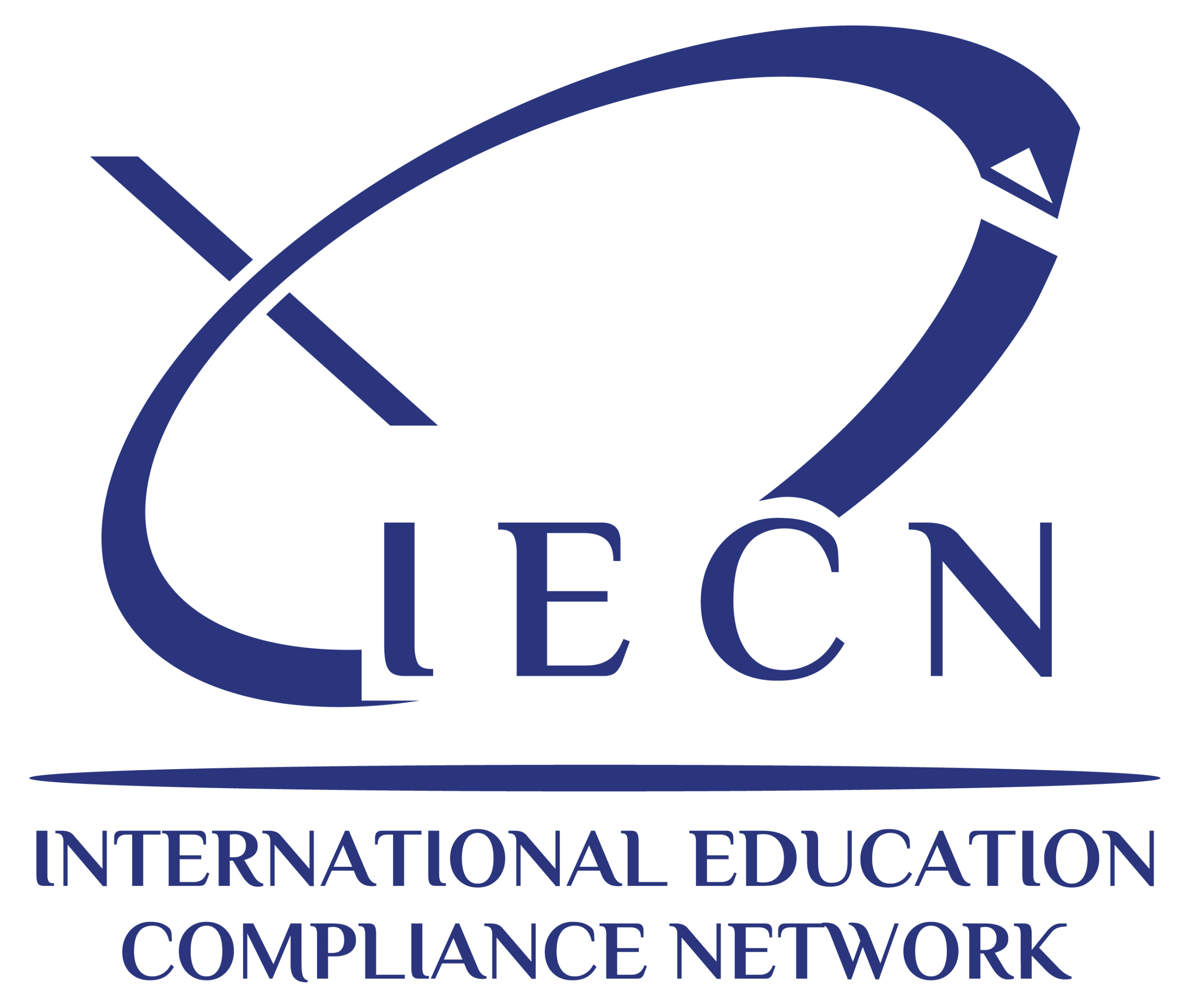
International Education Compliance Network (IECN) Introduction
- The International Education Compliance Network (IECN) is a UK-recognized independent accreditation body based in Washington State. IECN is dedicated to elevating global education standards and assuring institutional quality worldwide.
Key Facts
- Registered as non-profit, IECN provides accreditation for institutions offering diplomas, bachelor’s, master’s, and doctoral degrees .
- Accreditation is issued after thorough review, valid through periodic reassessment (e.g., September 2024 to September 2026) .
- Institutions receive support in aligning operations with compliance frameworks and best educational practices.
Benefits of IECN Accreditation
- Confirms academic integrity and adherence to globally recognized quality standards.
- Enhances international credibility and expands opportunities for student and institutional partnerships.
- Offers ongoing oversight, reinforcing trust and sustaining educational excellence.
Institutional Application
- For institutions like Cambridge Business Academy, accreditation from IECN affirms academic rigor and supports growth via documented compliance—from diplomas to doctorates—with clear accreditation cycles.
CPD
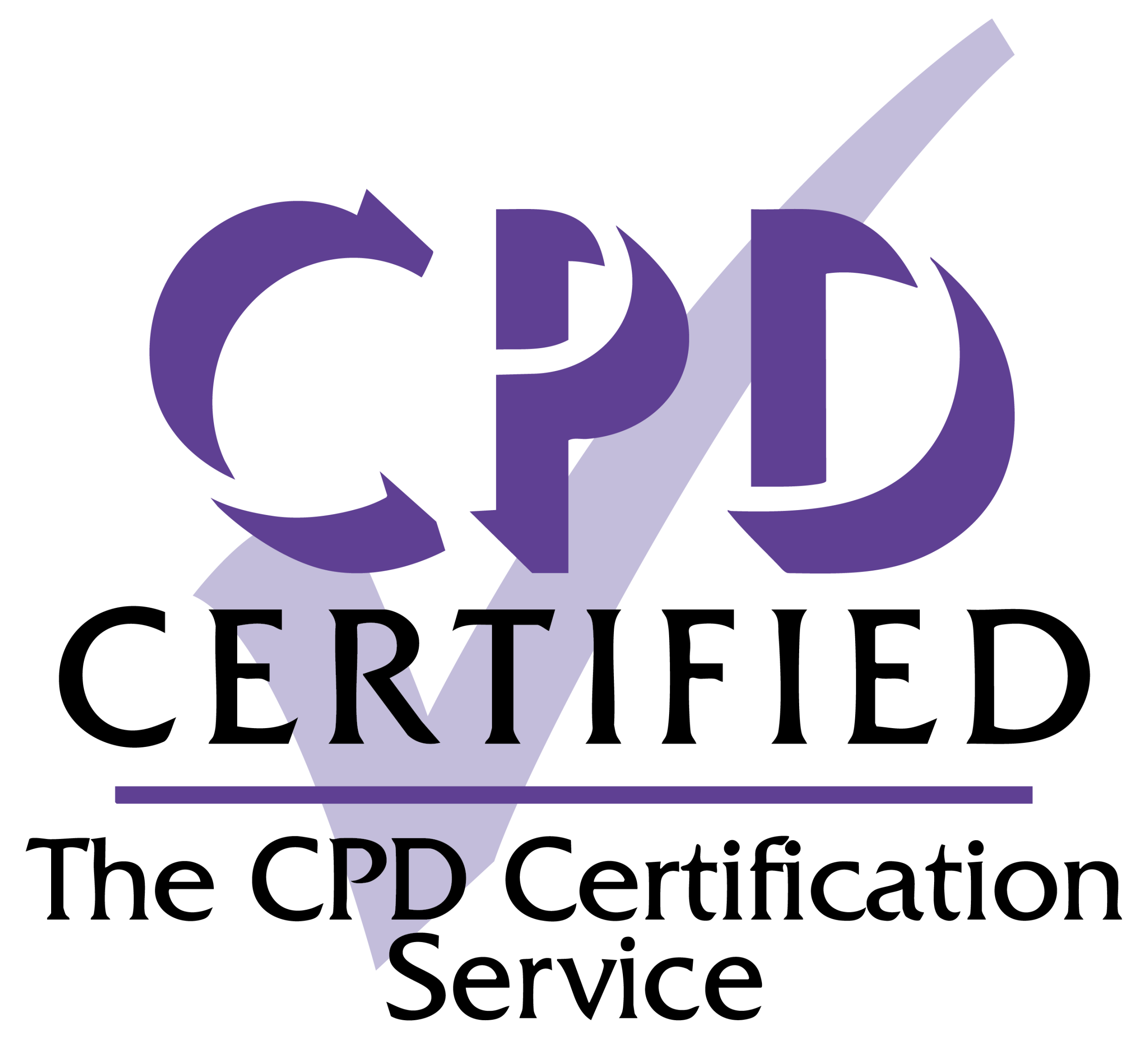
Institute of Continuing Professional Development (CPD)
- The Institute of Continuing Professional Development (ICPD)—also known as the CPD Institute—is a UK-based non-profit dedicated to supporting lifelong professional development since 1981.
- As part of The Harris Foundation for Lifelong Learning, ICPD awards professional credentials and promotes quality learning standards.
Key Facts
- The Institute grants official CPD qualifications, and successful graduates earn postnominals (e.g., FInstCPD for Fellows).
- CPD is defined as a continuous process to maintain professional relevance and service quality.
- ICPD collaborates with corporate partners to promote standards across industries .
Benefits of ICPD Membership
- Demonstrates commitment to lifelong learning and professional excellence.
- Credentials like FInstCPD provide formal recognition of expertise.
- Access to a network of professionals, resources, and high-standard CPD programs.
CPD in Context
- Continuing Professional Development encompasses structured (courses, seminars) and informal (mentoring, self-study) learning activities. Accredited CPD ensures content is current, relevant, and aligned with industry needs.
ATHEA
The Association for Transnational Higher Education Accreditation (ATHEA)
The Association for Transnational Higher Education Accreditation (ATHEA) is a voluntary, membership association dedicated to advancing quality assurance and continuous improvement in higher education through peer evaluation.
ATHEA’s Standards for Accreditation are aligned with the European Standards and Guidelines for Quality Assurance (ESG), which underpin recognition by the European Quality Assurance Register in Higher Education (EQAR).
ATHEA itself is an Affiliated Member of ENQA (European Association for Quality Assurance in Higher Education), further strengthening its alignment with European and international quality frameworks.
Cambridge Business Academy (CBA) is an Affiliated Member of ATHEA, reflecting our commitment to international quality benchmarks and our dedication to excellence in higher education.


